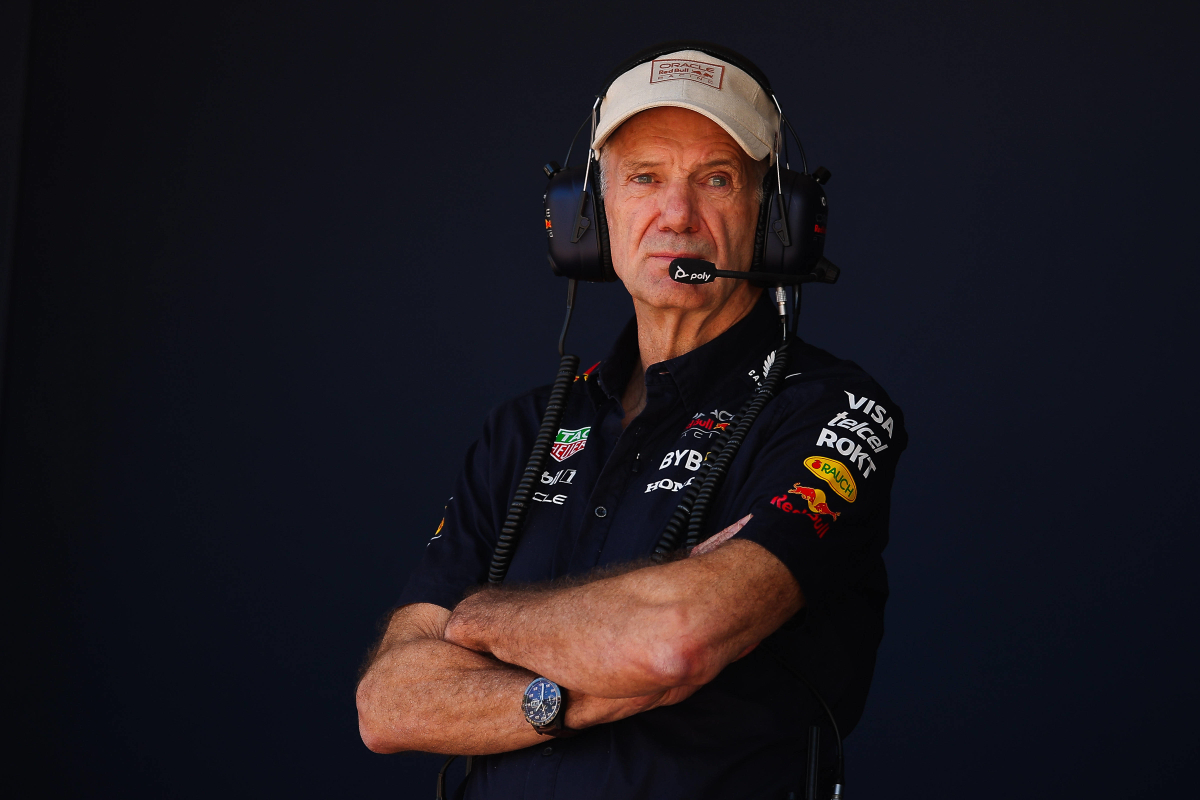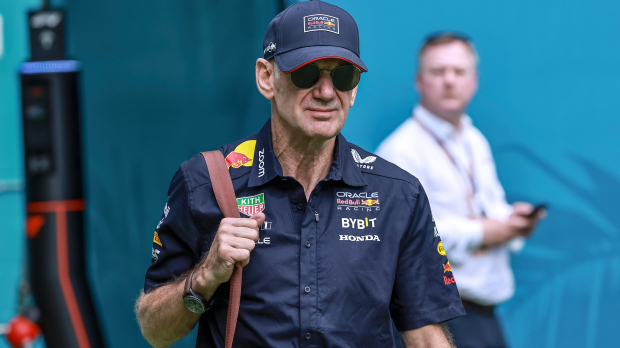
Latest News

Latest F1 News
Aston Martin withdraw F1 safety car ahead of 2026 season
- 2 minutes ago

Audi F1
Audi is gambling £2bn on F1, but will it backfire?
- 1 hour ago

Audi
Audi F1: Where to buy new team kit as adidas partnership rivals Mercedes
- 1 hour ago

F1 2026
Audi F1 2026 car launch today: Watch the big reveal LIVE NOW
- 1 hour ago

McLaren
McLaren F1 boss 'apologised' over power unit disaster
- 2 hours ago

F1 News Today
F1 News Today: Mercedes submit Max Verstappen request as Helmut Marko confirms rival switch decision
- 2 hours ago
Most read

15.000+ views
'It just feels right': F1 fans rejoice as Red Bull finally answer Daniel Ricciardo prayers
- 17 january

10.000+ views
Red Bull F1 2026 car launch: Watch the big reveal LIVE
- 16 january

7.500+ views
Ferrari announce F1 driver exit
- 2 january

7.500+ views
F1 drivers height 2026: How tall are Lewis Hamilton, Max Verstappen and Lando Norris
- 16 january

7.500+ views
Audi F1 2026 car launch today: Watch the big reveal LIVE NOW
- Today 17:53

7.500+ views
F1 News Today: Christian Horner contact revealed as team ‘swoop' for axed star
- 6 january





























 Grand Prix of Australia 2026
Grand Prix of Australia 2026  Grand Prix of China 2026
Grand Prix of China 2026  Grand Prix of Japan 2026
Grand Prix of Japan 2026  Grand Prix of Bahrain 2026
Grand Prix of Bahrain 2026  Saudi Arabian Grand Prix 2026
Saudi Arabian Grand Prix 2026  Grand Prix du Canada 2026
Grand Prix du Canada 2026  Grand Prix De Monaco 2026
Grand Prix De Monaco 2026  Gran Premio de Barcelona-Catalunya 2026
Gran Premio de Barcelona-Catalunya 2026  Grand Prix of Austria 2026
Grand Prix of Austria 2026  Grand Prix of Belgium 2026
Grand Prix of Belgium 2026  Grand Prix of Hungary 2026
Grand Prix of Hungary 2026  Grand Prix of Azerbaijan 2026
Grand Prix of Azerbaijan 2026  Grand Prix of Singapore 2026
Grand Prix of Singapore 2026  Gran Premio de la Ciudad de Mexico 2026
Gran Premio de la Ciudad de Mexico 2026  Grande Prêmio de São Paulo 2026
Grande Prêmio de São Paulo 2026  Qatar Grand Prix 2026
Qatar Grand Prix 2026  Grand Prix of Abu Dhabi 2026
Grand Prix of Abu Dhabi 2026 